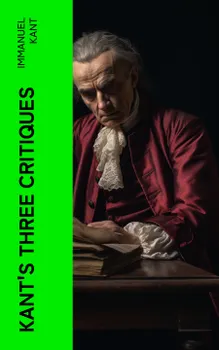The Critique of Pure Reason is one of the most influential works in the history of philosophy. Kant here explains what he means by a critique of pure reason: "I do not mean by this a critique of books and systems, but of the faculty of reason in general, in respect of all knowledge after which it may strive independently of all experience." The Critique of Practical Reason is the second of Immanuel Kant's three critiques and it deals with his moral philosophy. The second Critique exercised a decisive influence over the subsequent development of the field of ethics and moral philosophy, beginning with Johann Gottlieb Fichte's Doctrine of Science. The Critique of Judgment, also translated as the Critique of the Power of Judgment completes the Critical project begun in the Critique of Pure Reason. The book is divided into two main sections: the Critique of Aesthetic Judgment and the Critique of Teleological Judgment, and also includes a large overview of the entirety of Kant's Critical system, arranged in its final form. Immanuel Kant (1724-1804) was a German philosopher, who, according to the Stanford Encyclopedia of Philosophy is "the central figure of modern philosophy." Kant argued that fundamental concepts of the human mind structure human experience, that reason is the source of morality, that aesthetics arises from a faculty of disinterested judgment, that space and time are forms of our understanding, and that the world as it is "in-itself" is unknowable. Kant took himself to have effected a Copernican revolution in philosophy, akin to Copernicus' reversal of the age-old belief that the sun revolved around the earth. Table of Contents: THE CRITIQUE OF PURE REASON THE CRITIQUE OF PRACTICAL REASON THE CRITIQUE OF JUDGMENT
Kant's Three Critiques : The Critique of Pure Reason, The Critique of Practical Reason & The Critique of Judgment
Starten Sie noch heute mit diesem Buch für € 0
- Hol dir während der Testphase vollen Zugriff auf alle Bücher in der App
- Keine Verpflichtungen, jederzeit kündbar
Autor*in:
Sprache:
Englisch
Format:
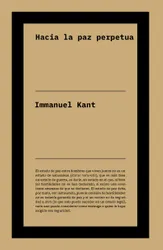
Hacia la paz perpetua

Teoría y praxis : Estudio preliminar: Eduardo García Belsunce
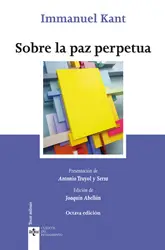
La paz perpetua : Octava edición
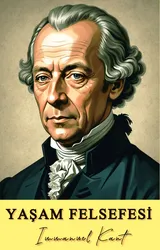
Yaşam Felsefesi
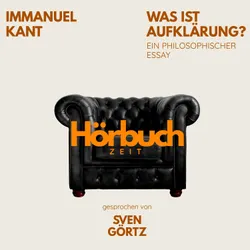
Was ist Aufklärung? Ein philosophischer Essay. : Hörbuchzeit: Klassiker der Weltliteratur
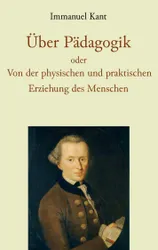
Über Pädagogik oder Von der physischen und praktischen Erziehung des Menschen

La Paz Perpetua :
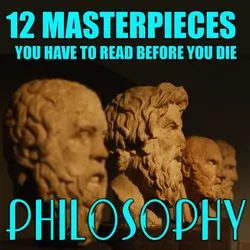
12 Masterpieces You Have to Read Before You Die. Philosophy

Crítica de la Razón Pura

An Answer to the Question: What is Enlightenment?

Preisschrift über die Fortschritte der Metaphysik

Allgemeine Naturgeschichte und Theorie des Himmels : Die kosmologische Revolution der Aufklärung: Naturgesetze und die Struktur des Universums
